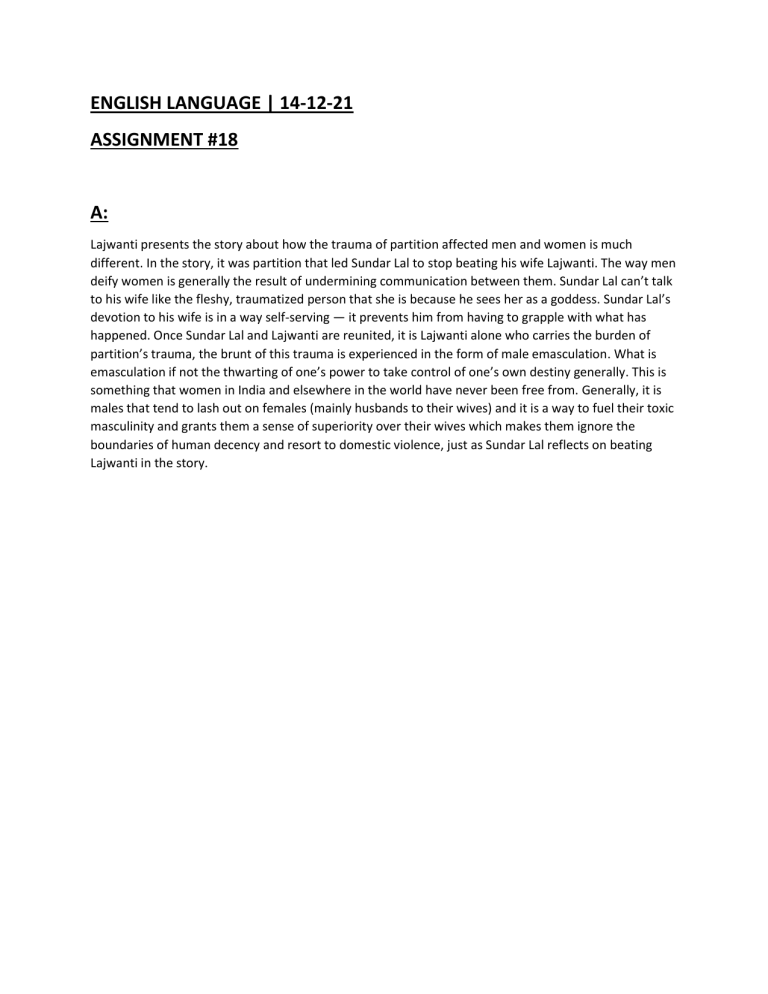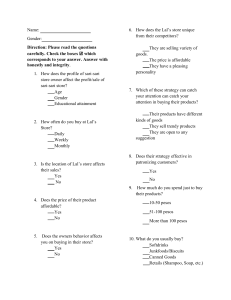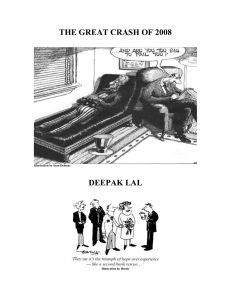
ENGLISH LANGUAGE | 14-12-21 ASSIGNMENT #18 A: Lajwanti presents the story about how the trauma of partition affected men and women is much different. In the story, it was partition that led Sundar Lal to stop beating his wife Lajwanti. The way men deify women is generally the result of undermining communication between them. Sundar Lal can’t talk to his wife like the fleshy, traumatized person that she is because he sees her as a goddess. Sundar Lal’s devotion to his wife is in a way self-serving — it prevents him from having to grapple with what has happened. Once Sundar Lal and Lajwanti are reunited, it is Lajwanti alone who carries the burden of partition’s trauma, the brunt of this trauma is experienced in the form of male emasculation. What is emasculation if not the thwarting of one’s power to take control of one’s own destiny generally. This is something that women in India and elsewhere in the world have never been free from. Generally, it is males that tend to lash out on females (mainly husbands to their wives) and it is a way to fuel their toxic masculinity and grants them a sense of superiority over their wives which makes them ignore the boundaries of human decency and resort to domestic violence, just as Sundar Lal reflects on beating Lajwanti in the story.





